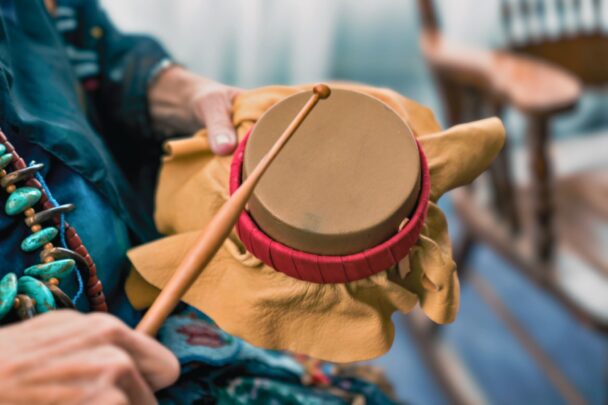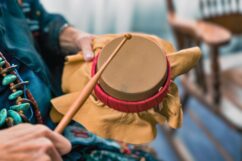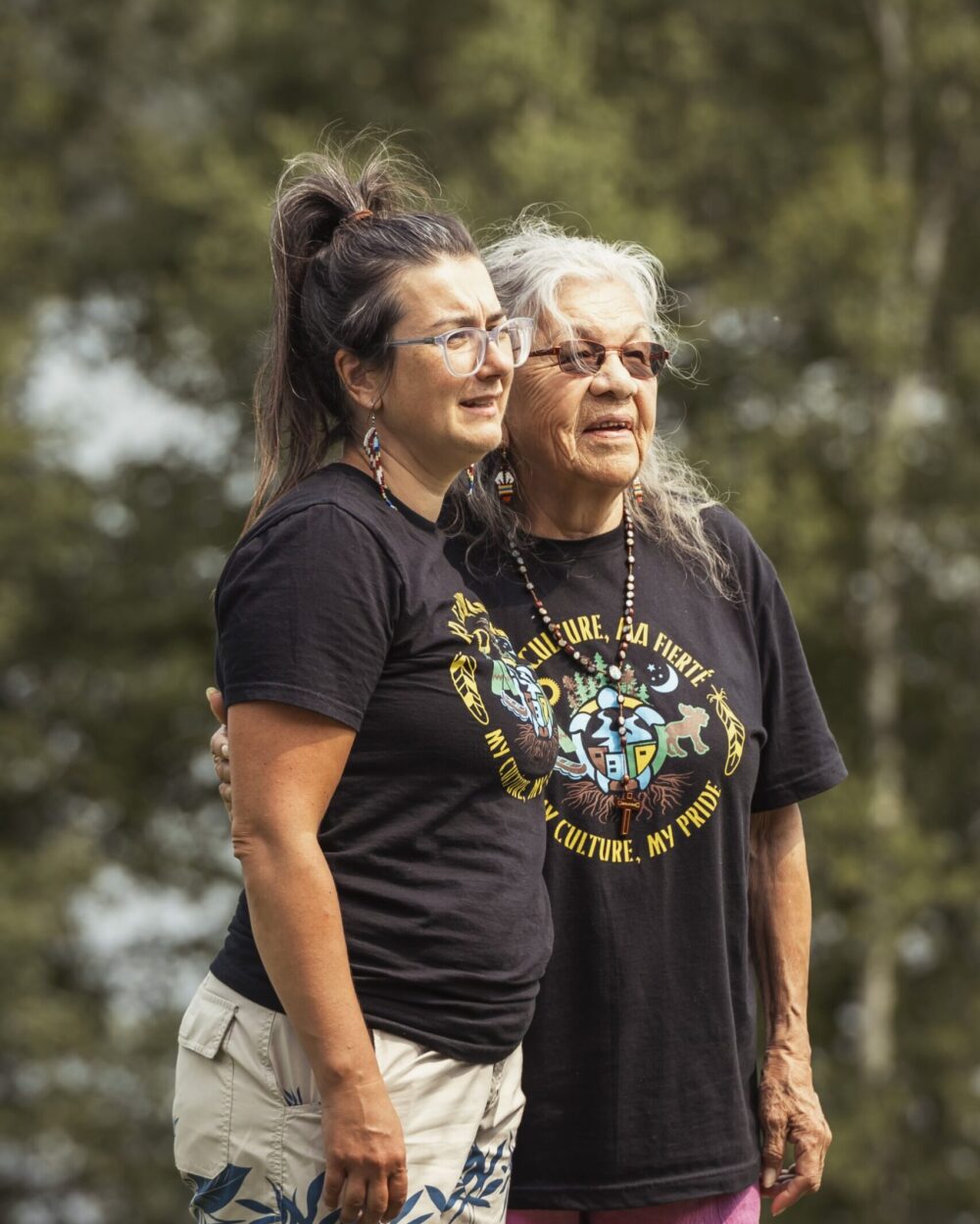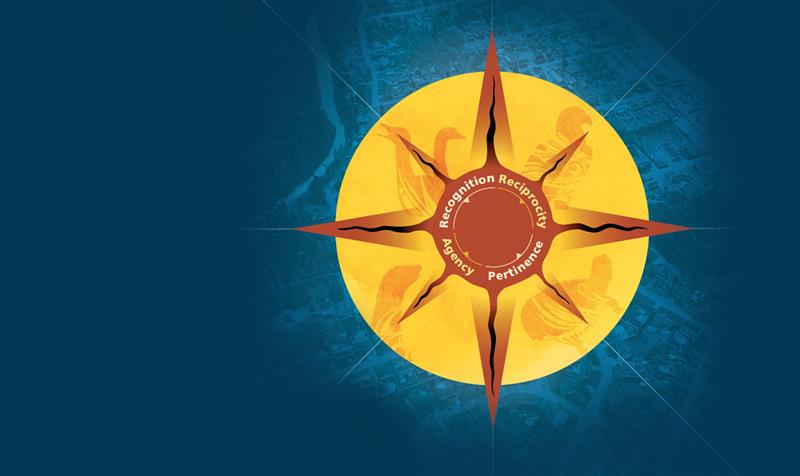
The Observatory of Urban Indigenous Realities
Gathering. Understanding. Sharing.
Mobilizing knowledge for greater impact

The Observatory of Urban Indigenous Realities broadens knowledge on urban Indigenous realities and makes it accessible.
It supports the Native Friendship Centre Movement, to inform its actions and strengthen its impact in the field, by using an approach rooted in Indigenous knowledge and based on research, assessment and knowledge mobilization.




Mission
To gather, understand and share knowledge related to urban Indigenous issues, focusing its actions on using First Nations and Inuit knowledge and expertise for the benefit of society as a whole.
Vision
First Nations and Inuit knowledge and expertise contribute fully to society and lead to Indigenous self-determination.

Knowledge Circle
The Knowledge Circle is a consultative and collaborative body that, through its experience and roots in urban Indigenous realities, guides the Observatory’s work, ensures its relevance and strengthens its cultural anchoring. It also plays a key role in promoting the Observatory’s work.
Composition of the Circle
- Alice Jérôme – Elder
- Jean Moreau-Levasseur – Centre multiservices MAMUK
- Bruno Lemieux – SIRCAAQ
- Anne-Marie Leclerc – Researcher at UQTR
- Treena Wasonti:io Delormier – Researcher at McGill
- Karine Awashish – Researcher and member of the Coop Nitaskinan
- Leila Qashu – Tahatikonhsontontie’ ERRSA-Québec
- Nancy Gros-Louis McHugh – First Nations of Quebec and Labrador Health and Social Services Commission

Collective action for the benefit of all
The Observatory works with a wide network of partners: Indigenous individuals and organizations, public decision-makers, researchers, funders and the Quebec Native Friendship Centre Movement.
Its audience is society as a whole, and its work is available to anyone who’d like to better understand Indigenous realities and contribute to the advancement of Indigenous issues in Quebec.
Partnerships
The Observatory of Urban Indigenous Realities partners with several players involved in research and social action.
These partnerships enrich the Observatory’s work by adding complementary perspectives and fostering an interdisciplinary approach rooted in Indigenous realities.
For more information, please contact the Observatory at recherche@rcaaq.ca.
Research Framework
The Research Framework provides clear guidelines to promote fair collaboration and genuine co-construction in research projects. This collective tool ensures that research is developed, conducted, and led by, for, and with Indigenous peoples living in urban areas in Quebec. It serves as an essential reference for fostering respectful and inclusive practices.

Strategic planning
Our Observatory is adopting a strategic plan to structure its development and guide its actions. Through four key orientations— strengthening its team, affirming its positioning, ensuring its viability and delivering concrete results — it is laying the foundations for a solid organization, rooted in its community but looking to the future.
